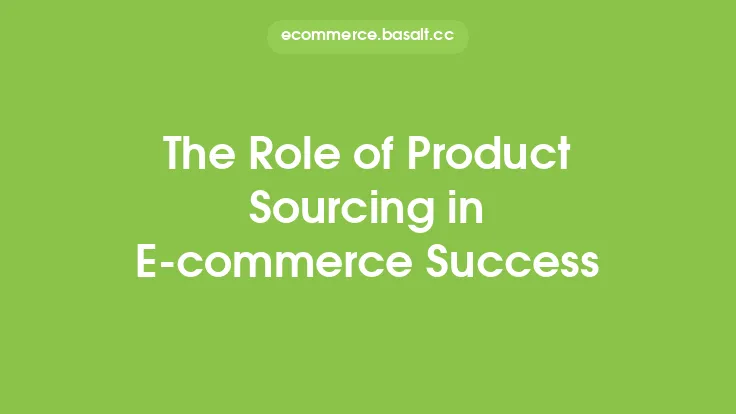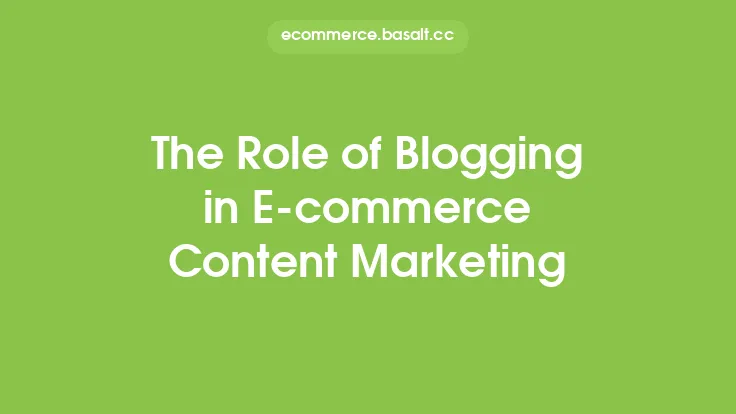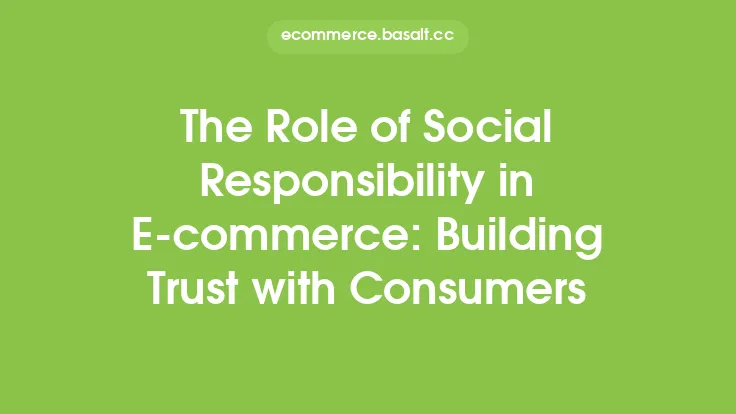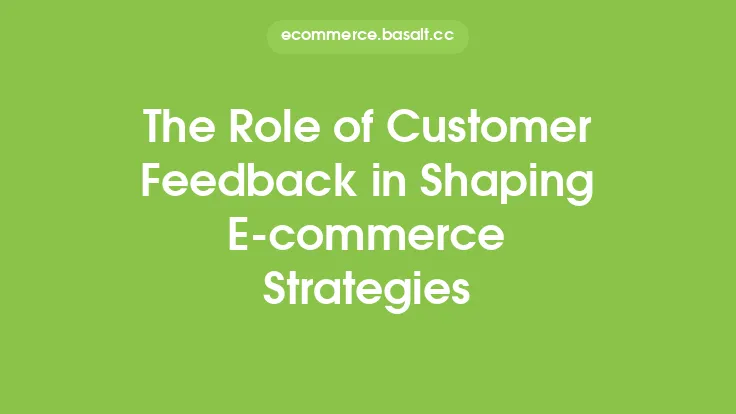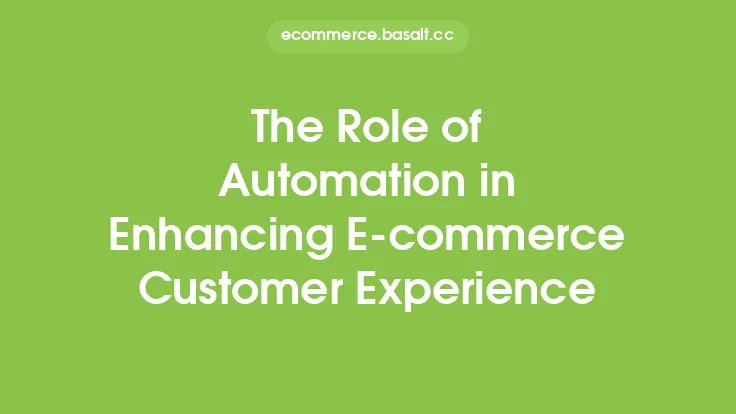In the realm of e-commerce, the role of a product manager is multifaceted and crucial to the success of an online store. A product manager is responsible for overseeing the development, launch, and maintenance of a product, ensuring it meets the needs of the target market and aligns with the company's overall business strategy. This involves a deep understanding of the market, the customer, and the product itself, as well as the ability to collaborate with cross-functional teams, including engineering, design, marketing, and sales.
Key Responsibilities of a Product Manager
The key responsibilities of a product manager in e-commerce include defining the product vision and strategy, conducting market research and analysis, developing business cases and product requirements, working with stakeholders to prioritize features and requirements, and collaborating with the development team to ensure successful product launch and maintenance. A product manager must also be able to analyze data and metrics to inform product decisions, identify areas for improvement, and measure the success of the product.
Skills and Qualities Required
To be successful, a product manager in e-commerce must possess a unique combination of skills and qualities. These include strong communication and interpersonal skills, the ability to think strategically and tactically, and a deep understanding of the customer and the market. A product manager must also be able to work effectively in a fast-paced, dynamic environment, prioritize multiple tasks and projects, and make data-driven decisions. Additionally, a product manager should be curious, adaptable, and passionate about delivering high-quality products that meet the needs of the customer.
Collaboration with Cross-Functional Teams
One of the most critical aspects of a product manager's role is collaboration with cross-functional teams. This includes working closely with engineering teams to develop and launch the product, with design teams to create a user-friendly and intuitive interface, and with marketing and sales teams to develop go-to-market strategies and promotional campaigns. A product manager must also be able to communicate effectively with stakeholders, including executives, investors, and customers, to ensure that the product aligns with the company's overall business strategy and meets the needs of the target market.
Product Development Process
The product development process in e-commerce typically involves several stages, including discovery, definition, development, testing, and launch. During the discovery stage, the product manager conducts market research and analysis to identify opportunities and define the product vision and strategy. In the definition stage, the product manager develops business cases and product requirements, and works with stakeholders to prioritize features and requirements. The development stage involves working closely with the engineering team to develop the product, while the testing stage involves testing and iterating on the product to ensure it meets the needs of the customer. Finally, the launch stage involves collaborating with marketing and sales teams to develop go-to-market strategies and promotional campaigns.
Metrics and Data Analysis
A critical aspect of a product manager's role is metrics and data analysis. This involves tracking key performance indicators (KPIs) such as customer acquisition costs, customer lifetime value, and retention rates, as well as analyzing data to inform product decisions and identify areas for improvement. A product manager must be able to collect and analyze data from a variety of sources, including customer feedback, sales data, and market research, to measure the success of the product and make data-driven decisions.
Career Path and Professional Development
For individuals interested in pursuing a career as a product manager in e-commerce, there are several paths to consider. This may involve starting in a related role, such as marketing or sales, and working your way up to a product management position. Alternatively, individuals may choose to pursue a graduate degree in a field such as business or engineering, or attend a product management bootcamp or training program. Professional development is also critical, as product managers must stay up-to-date with the latest trends and technologies in e-commerce, as well as best practices in product management.
Best Practices and Industry Trends
Finally, there are several best practices and industry trends that product managers in e-commerce should be aware of. These include the importance of customer-centricity, the role of artificial intelligence and machine learning in product development, and the need for continuous testing and iteration. A product manager should also be aware of the latest trends in e-commerce, including the growth of mobile commerce, the importance of social media, and the need for sustainable and socially responsible business practices. By staying up-to-date with the latest trends and best practices, product managers can ensure that their products meet the needs of the customer and drive business success.
